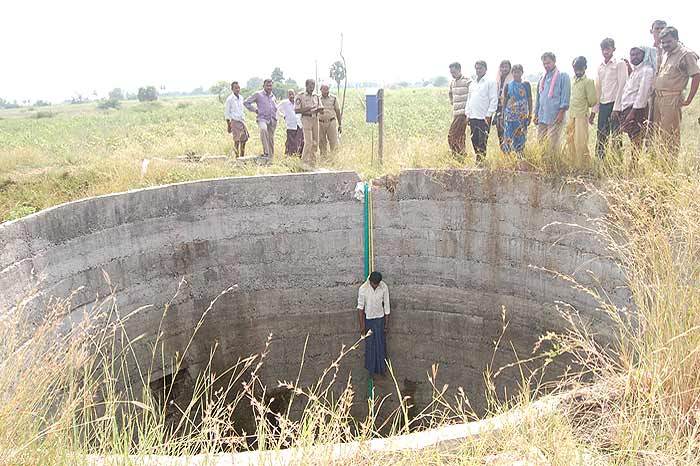Seeds of Suicide by Vandana Shiva
Patents on seeds are unjust and unjustified. A patent or any intellectual property right is a monopoly granted by society in exchange for benefits. But society has no benefit in toxic, non-renewable seeds. We are losing biodiversity and cultural diversity, we are losing nutrition, taste and quality of our food. Above all, we are losing our fundamental freedom to decide what seeds we will sow, how we will grow our food and what we will eat.
Seed as a common good has become a commodity of private seed companies. Unless protected and put back in the hands of our farmers, it is at risk of being lost forever.
Across the world, communities are saving and exchanging seeds in diverse ways, appropriate to their context. They are creating and recreating freedom — for the seed, for seed keepers, and for all life and all people. When we save the seed, we also reclaim and rejuvenate knowledge — the knowledge of breeding and conservation, the knowledge of food and farming.
Uniformity as a pseudo-scientific measure has been used to establish unjust IPR monopolies on seed. Once a company has patents on seeds, it pushes its patented crops on farmers in order to collect royalties.
Humanity has been eating thousands and thousands (8,500) of plant species. Today we are being condemned to eat GM corn and soya in various forms. Four primary crops — corn, soya, canola and cotton — have all been grown at the cost of other crops because they generate a royalty for every acre planted. For example, India had 1,500 different kinds of cotton, now 95 per cent of the cotton planted is GMO Bt Cotton for which Monsanto collects royalties. Over 11 million hectares of land are used to cultivate cotton, of which 9.5 million hectares is used to grow Monsanto’s Bt variety.
A common question is: Why do farmers adopt Bt cotton which harms them? But farmers do not choose Bt cotton. They have to buy Bt cotton as all other choices are destroyed. Monsanto establishes its seed monopoly through three mechanisms:
Make farmers give up old seed, called “seed replacement” in industry jargon.
Influence public institutions to stop breeding. According to information received through RTI, the Central Cotton Research Institute did not release cotton varieties for Vidharba after Monsanto entered with its Bt cotton seeds.
Lock Indian companies into licensing agreements.
The Seeds Of Suicide: How Monsanto Destroys Farming
“It is this system that Monsanto has created of seed monopoly, crop monocultures and a context of debt, dependency and distress – which is driving the farmers’ suicide epidemic in India. This systemic control has been intensified with Bt cotton. That is why most suicides are in the cotton belt. The highest acreage of Bt cotton is Maharashtra, and this is also where the highest farm suicides are. According to P Sainath, who has covered farmer suicides extensively: “The total number of farmers who have taken their own lives in Maharashtra since 1995 is closing in on 54,000. Of these, 33,752 have occurred in nine years since 2003, at an annual average of 3,750. The figure for 1995-2002 was 20,066 at an average of 2,508.” Suicides have increased after Bt cotton was introduced. The price of seed jumped 8,000 percent; Monsanto’s royalty extraction and the high costs of purchased seed and chemicals have created a debt trap.”
